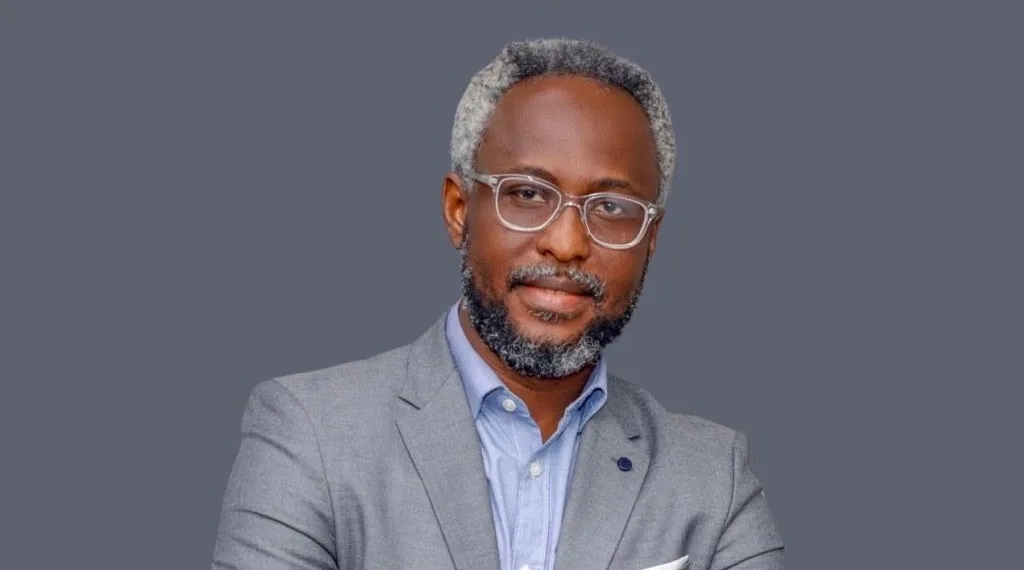CEO of Nairametrics, Ugo Obi-Chukwu, has projected that commercial banks in Nigeria will begin to lower interest rates on loans in 2026, following a period of aggressive capital accumulation and strong profitability.
Speaking on TVC News, Obi-Chukwu noted that current lending rates, ranging between 32% and 36%, are unsustainable and will likely decline as banks shift focus toward real sector financing.
“Like I said, with all this money that they’ve raised, there’s no other choice,” he stated. “The sort of high interest rate that you’re seeing now, you’re not going to see next year. You’re not going to see treasury bills at 20%, you’re not going to see FGN bonds at 20%.”
He emphasized that banks will need to deploy capital into productive sectors such as SMEs and manufacturing to stimulate job creation and broader economic growth.
Shift from Monetary Tightening to Growth-Focused Banking Supervision
Obi-Chukwu explained that the Central Bank of Nigeria (CBN) is likely to pivot from monetary policy management to more active banking supervision in the coming year.
“You’re seeing a very, very busy central bank,” he said. “Next year, a lot of the attention might move away from monetary policy to actually ensuring that banks are supporting the economy.”
He added that stronger banks are essential for inclusive growth. “It is important that we have financial stability underpinned by stronger banks. Nigerians want to see banks that can support economic growth,” he said.
Obi-Chukwu also hinted at possible mergers or strategic repositioning within the banking sector, noting that some institutions may begin to operate at different levels of the economy.
Energy Security and Structural Reforms Key to Inclusive Growth
While financial sector reforms are critical, Obi-Chukwu stressed that broader structural issues must be addressed to unlock higher GDP growth.
“You want to see GDP growth rate at the highest single digit of 7, 8, 9%, for people to start to feel like they’re in an economy that is inclusive,” he said. “Right now, this is an economic growth that is for the one percent of Nigerians.”
He pointed to energy security and power infrastructure as foundational challenges.
“That whole mess needs to be sorted out because energy security is very important in this country,” he said, referencing ongoing issues with Dangote Refinery and labor unions.
Customs inefficiencies and other bottlenecks also need urgent attention, he added, if Nigeria is to achieve broad-based, sustainable growth.
What You Should Know
- Earlier this month, the Governor of CBN, Olayemi Cardoso, projected a future decline in interest rates, citing easing inflation and improved capital allocation efficiency as key drivers.
- Speaking at the European Business Chamber (Eurocham Nigeria) C-Level Forum in Lagos, Cardoso emphasized that the current high lending rates could see downward pressure as macroeconomic conditions stabilize.







